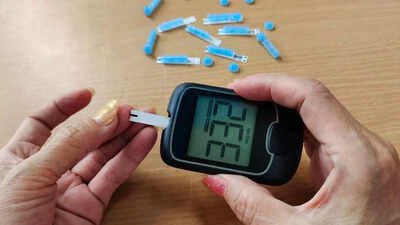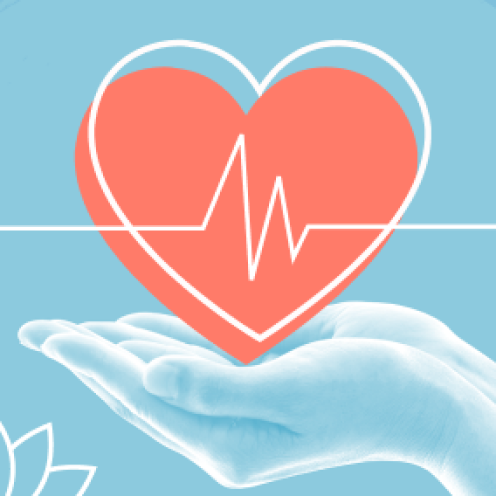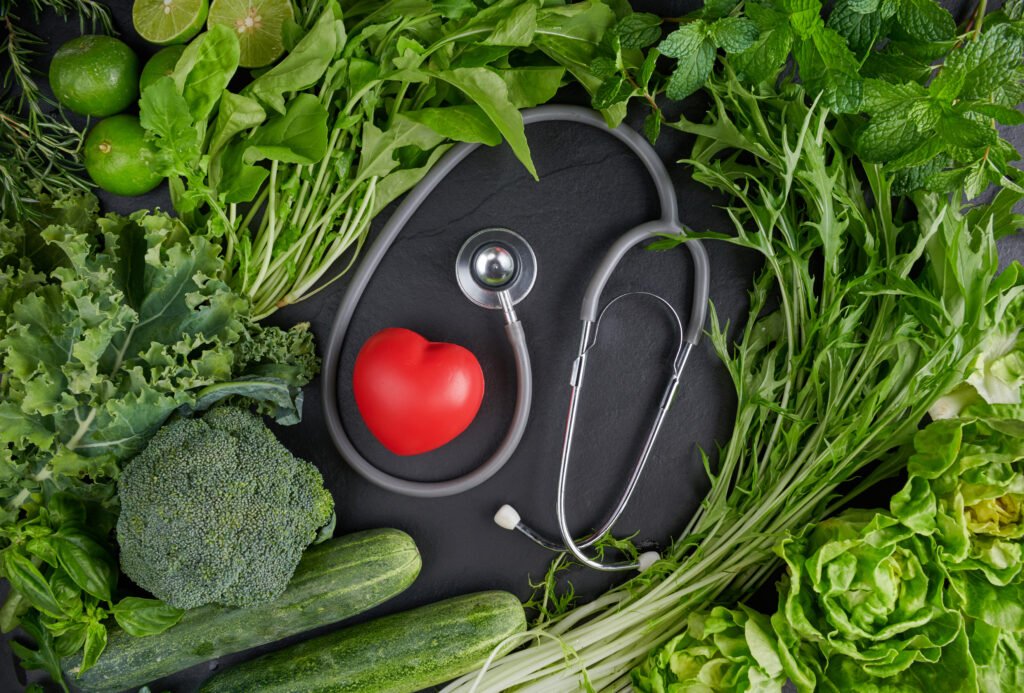Eating too much protein or following a high-protein diet can backfire on your health. From kidney strain to heart risks, know what happens when your protein intake goes overboard.
Protein is one of the most important nutrients that gets the most attention when it comes to fitness and healthy eating. From protein shakes to bars and high-protein diets, everyone seems to be chasing more of it. While it is true that protein is vital for muscle repair, hormone production, and energy, consuming it in excess can do more harm than good. Beyond issues like indigestion or dehydration, Harvard Health Publishing notes that high protein intake may also increase the risk of heart disease and colon cancer. Know all the potential health problems linked to consuming too much protein.
Health issues linked with a high-protein diet
Here are 7 health problems you may experience if you are following a high-protein diet:
1. Kidney problems
The National Kidney Foundation warns that excess protein can overburden your kidneys, the organs responsible for filtering waste from the blood. When protein breaks down, it produces nitrogen, which the kidneys must excrete. High protein intake increases this workload, potentially leading to kidney strain or failure, especially in people with existing kidney issues. “Common signs include fatigue, swelling in the ankles, muscle cramps, poor appetite, and frequent urination. Over time, this may worsen kidney function, as studies have linked long-term high-protein diets to reduced renal performance,” explains Nutritionist and certified diabetes educator Dr Archana Batra.
2. Weight gain
Contrary to popular belief, more protein does not always mean better weight management. When your body gets more protein than it needs, the excess is stored as fat. A study published in Clinical Nutrition found that replacing carbohydrates, instead of fats, with protein could lead to gradual weight gain. This happens because your total calorie intake increases. For healthy weight management, focus on balanced meals that include lean proteins, healthy fats, and complex carbs rather than going overboard with one nutrient.
3. Constipation
High-protein diets often lack fiber, especially if you cut back on fruits, vegetables, and whole grains. “This fiber deficiency can lead to constipation and digestive discomfort. People following strict protein-heavy regimens like keto or carnivore diets often face this issue,” says Dr Batra. Including fiber-rich foods and staying hydrated can help your digestive system work smoothly even when consuming moderate protein.

4. Liver health issues
Your liver helps metabolize protein, and excessive intake can cause it to work overtime. Over time, this can contribute to liver stress or fat accumulation. In individuals with pre-existing liver issues, a high-protein diet may worsen their condition. Maintaining a balanced diet ensures your liver is not overloaded with metabolic waste from protein breakdown.
5. Increased cancer risk
Yes, a high-protein diet can also increase your risk of cancer. A study in JAMA Internal Medicine revealed that diets high in red and processed meats are linked to a greater risk of certain cancers, including colorectal, breast, and prostate cancer. In contrast, plant-based and lean protein sources like legumes, nuts, fish, and poultry have shown positive benefits. It is not about cutting protein but it is about choosing the right kind.
6. Heart disease
A Circulation study found that excessive intake of animal protein, particularly from red meat and full-fat dairy, can elevate cholesterol levels and increase the risk of coronary heart disease, especially in women. High-protein diets rich in saturated fats contribute to arterial plaque buildup, which can restrict blood flow and raise blood pressure. Swapping these for plant-based proteins or fish can significantly improve heart health.
7. Osteoporosis
Eating too much protein, especially from meat, can cause calcium loss from bones, weakening them over time. A 2013 review in ISRN Nutrition found a link between high protein intake and poor bone health. Over the years, this calcium loss can raise the risk of osteoporosis and fractures. Balancing your protein with adequate calcium and vitamin D is crucial for bone strength.
How much protein do you need?
Protein is essential for life, it forms the building blocks of every cell and supports key functions such as growth, tissue repair, and enzyme production. “Along with carbohydrates and fats, it is one of the three major macronutrients your body needs to stay healthy and strong. Getting enough protein helps prevent malnutrition and preserves muscle mass, especially as you age,” suggests Dr Batra.
According to Harvard Health Publishing, the recommended daily intake is about 56 grams for men and 46 grams for women. You can meet this easily with foods like a serving of low-fat Greek yogurt, a medium-sized piece (about 100–120 grams) of skinless chicken breast, and a bowl of cereal with skim milk. However, it is not just the amount that matters, the type of protein you choose also plays a major role in overall health.










